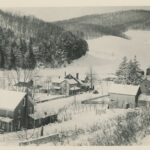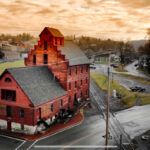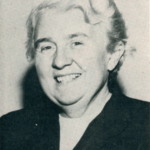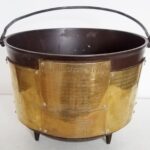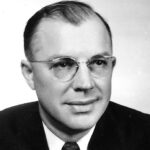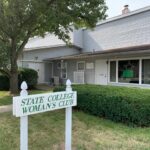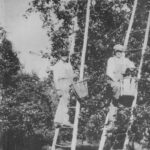Centre Furnace was the first charcoal iron furnace in what would become Centre County. The remains of the furnace stack on East College Avenue are a reminder of the role the iron industry played in the early decades of the county’s history.
Unionville was founded as a Quaker settlement and for decades was one of the lumber-producing centers of the Bald Eagle Valley. Located five miles west of Milesburg, the town is on the State Road from Philadelphia where it climbs the Allegheny Front to Philipsburg and eventually to Erie.
The Boal Mansion is the ancestral home of one of Centre County’s most distinguished families. Since 1952, it has been operated as a museum.
Moshannon State Forest is a 190,000-acre forest in the Allegheny Plateau region of central Pennsylvania, managed by the Commonwealth for both ecosystem preservation and the production of timber for sale.
The Gamble Mill, located near the Lamb Street bridge in Bellefonte, was a water-powered gristmill built more than two centuries ago. It was an important part of the history of Bellefonte and of the more than 150 years of grain milling in Centre County. The Gamble Mill is one of only three mills still standing in the Spring Creek watershed.
Mary Louisa Willard was a long-time chemistry professor at Penn State and an expert in chemical microscopy who became internationally known for her scientific work helping to solve crimes. Willard was born on Mary 19, 1898, in Moffatt Cottage on the Penn State campus.
The “Old Iron Kettle” is the coveted trophy that from 1941 to 1972 was awarded to the winner of the Bellefonte-State College football game. As the two largest high schools in Centre County, Bellefonte and State College had a passionate rivalry for decades. The winner of the game proudly got to keep and display the kettle.
Milton Stover Eisenhower came to Penn State in 1950 as its eleventh president after serving as a government administrator and seven years as president of Kansas State University. Eisenhower guided Penn State through a postwar transition of rapidly growing enrollment, academic programs, and research.
The State College Woman’s Club is a philanthropic organization that since its founding in 1894 has donated more than $700,000 to charitable organizations. The objective of the Woman’s Literary Society, as it was originally known, was to discuss “the questions of the day, social, political, literary, and artistic.”
Way Fruit Farm is a sixth-generation family farm that has expanded to include a retail store and tourism events. The Ways were a pioneering Quaker family that came to the Halfmoon Valley in 1792. Caleb and Jane Way built a farm in Stormstown, and in 1826 one of their children bought 90 acres that became the farm.

